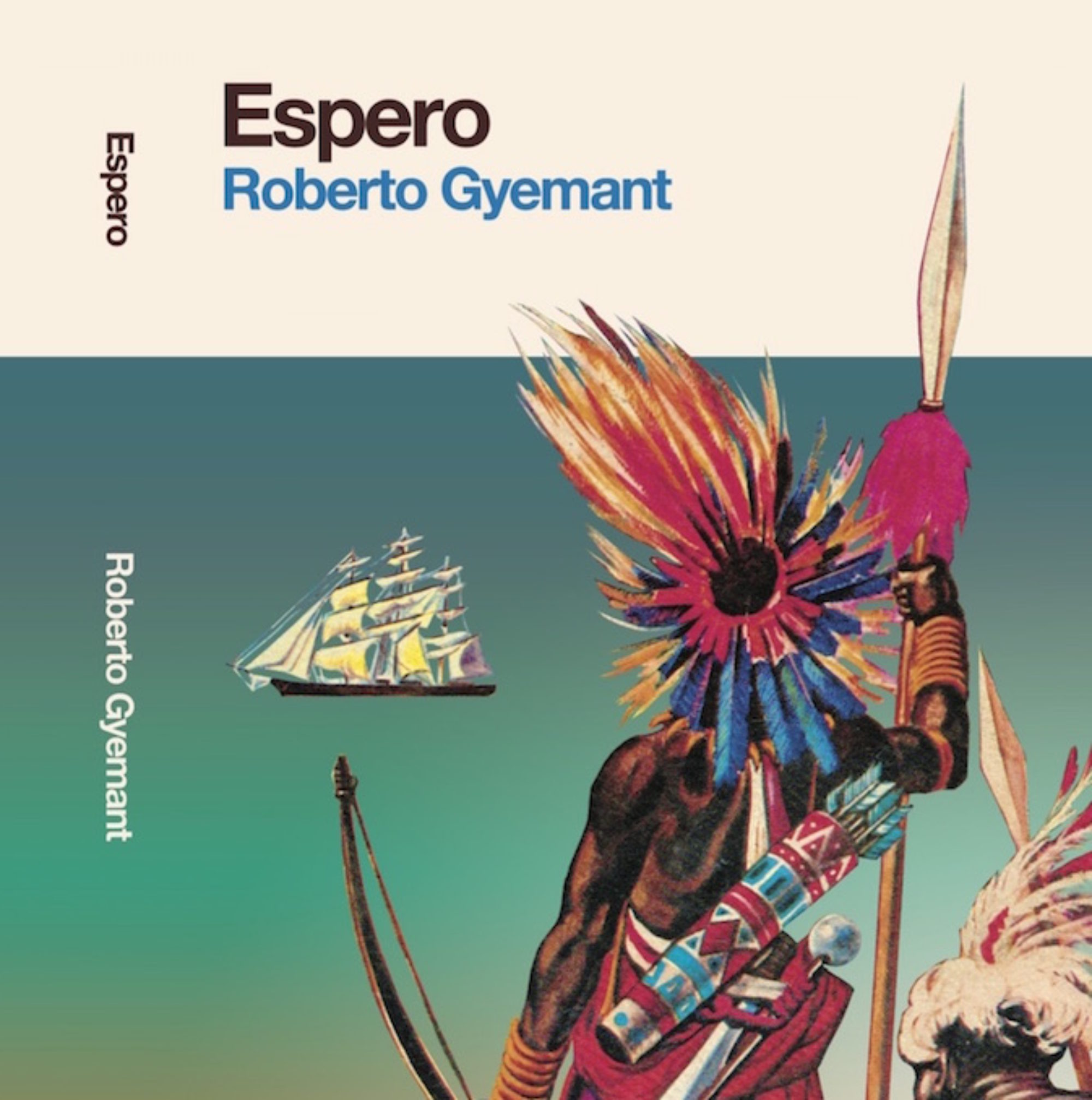Among the best of Panama’s Combos Nacionales, the Combo Los Mozambiques are notable for their standout vocalists, and the very Antillean, guitar-led swing that characterized their initial recordings. According to Alonso Rolando Speid (QEPD), who functioned as their “empresario” early on, Los Mozambiques started out as the Combo Peor es Nada in 1966-67 in the barrios of Santa Ana and Chorillo in the capital of Panama City.

Alonso recalls having a cencerro made at a metal factory, where they also had a 55 gallon drum cut in half to serve as a bass with a stick and nylon string. Maracas, tumbadora and ukelele filled out the accompaniment. The original lineup included Oscar De Leon (originally from Colón – and no relation to the Venezuelan singer/bassist) on tumba and timbales, “Vidal” on timbales, Tito Dormay on Bass, and singers Tomas “Tacho” Goodrich (sang merengues), Almendra, and Eduardo Williams singing Calypsos.
The group played the Boite (nightclub) Figali in Chorillo, adding a creative backup guitarist in Roberto Dominguez (from San Miguelito) and two excellent singers whose presence led to them grow in popularity: Jaime (Jimmy) Murrell and Carlos Martinez. The group changed their name to Los Mozambiques from the Cuban rhythm of the same name that was hot in the Afro-Antillean barrios of Latina America (and NYC) around 1968 as popularized by Eddie Palmieri and Ricardo Ray. Alonso recalls selling 45s off the back of his motorcycle and attributes his frequents sell-outs to the excellent sound the recordings had thanks to Discos Istmeños’ brilliant engineer Balito Chan.


Los Mozambiques recorded four singles in 1969-70, including the two-sider “La Calandria/El Presidiario”, both featuring the golden-throated Carlos Martinez. Martinez had initially sung with a Combo called Los Juveniles, but says he liked the Mozambiques swing better, and so took his version of Celina and Reutilio’s “A Un Presidiario” into the studios with them instead. “El Presidiario”, a tender song about a convict’s ruminations on his life behind bars, was a hit on the radio for all of 1969, and is still popular in Panama to this day.
Another 45 recorded at this time featured Eduardo Williams and Jaime Murrell singing respectively on “Consuelate” (original by the famed Cuban guarachero Orlando “Cascarita” Guerra) and “No Llores Mas”. Though “Consuelate” has been covered many times, Los Mozambiques really put their stamp on their unique, soulful and swinging version:
And here is the A-side, the Jaime Murrell original “No Llores Mas.” The sound and swing this small combo was able to create is still amazing, with luscious, soulful harmonies – this isn’t the “wap dooaah” of the (many excellent) Mexican bands influenced by Francisco Fellové… this is Antillean Soul:
The group entered the studio in 1970 to add two more songs to complete the LP El Presidiario, including a beautiful version of the Gerald Wilson classic “Viva Tirado” that featured on the first Panama! compilation on Soundway Records – a lovely bilingual mashup of with snippets of soul songs and Billie Holiday’s/ Gershwin’s “Summertime” sung by Murrell. The El Presidiario LP, later re-pressed on Tamayo, is a classic of the Combos Nacionales sound.


1970-72 seems to have been the peak of the original Combo’s popularity – here is an image from Sr. Speid’s collection of a Mozambiques dance in this period, followed by ads that have them alternating with the Soul Fantastics and Beachers:



The group recorded a number of additional 45s in 1972 including “Noche de Carnaval” (Martinez vocal – a big hit)/”Mi Corazon es un Gitano” (Eduardo Williams vocal), The Murrell composition “Nina” (featured in an earlier post) / Martinez composition “Navidad en Casa No”, and another personal favorite two-sider in “Calandria No”/”Ilsa”, sung by Carlos Martinez and Jaime Murrell respectively.
Per Tommy Barrett, who would play with Jaime Murrell later on in Skorpio, Murrell wrote Ilsa for a girlfriend he had in Concepción
who broke his heart. “Calandria No” is a composition by Ernesto “Cortijo” Atherley, who played cencerro for the band in practices and started to emerge as a composer and leader:

In 1972-73, interpersonal conflicts between the stellar collection of vocalists came to a head, and the band suffered a bajón (downturn) where they stopped playing live, per Martinez. Atherley composed the last 45 by the original combo which adds a fierce trumpet section, the fiery, straight-ahead salsa tune “Llegamos Ya” (featured on Panama! 3) which finds Martinez singing that the band isn’t done yet, that rumors of its demise were premature.
Unfortunately, the band would indeed split (literally) after this period, but like a pod full of ripe musical seeds, would sprout new and gorgeous flowers in the fertile soil of Panama’s popular dance scene.
